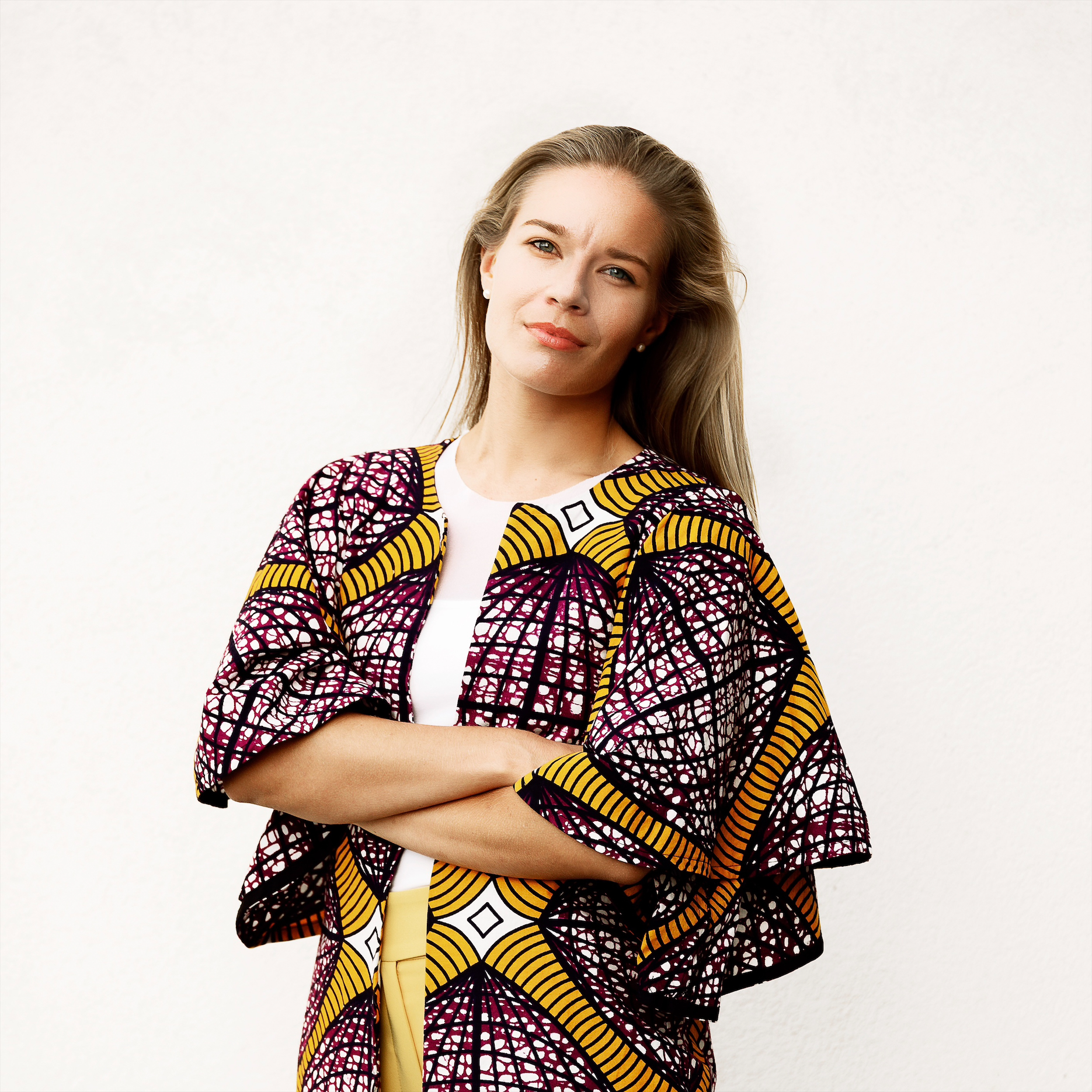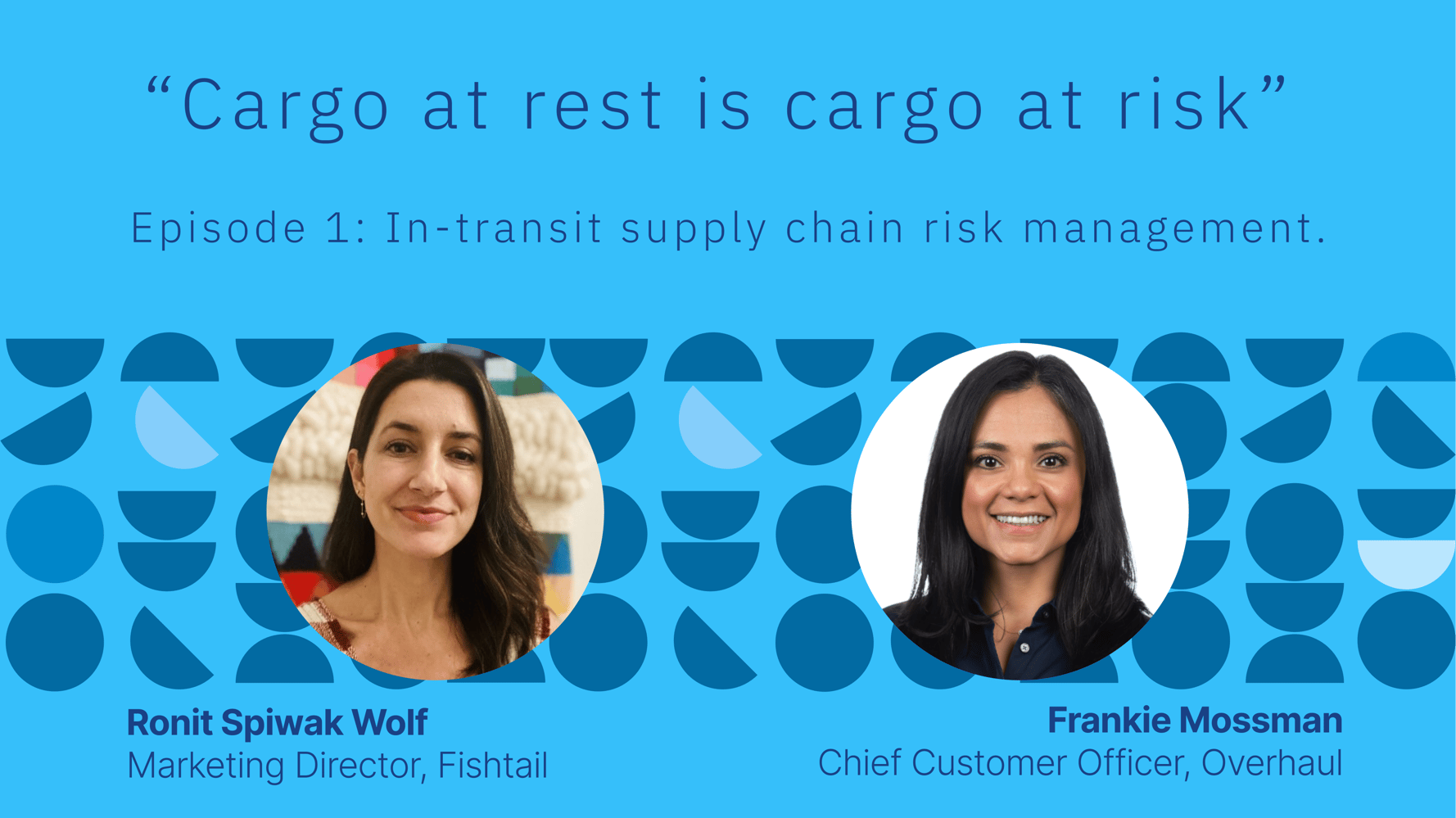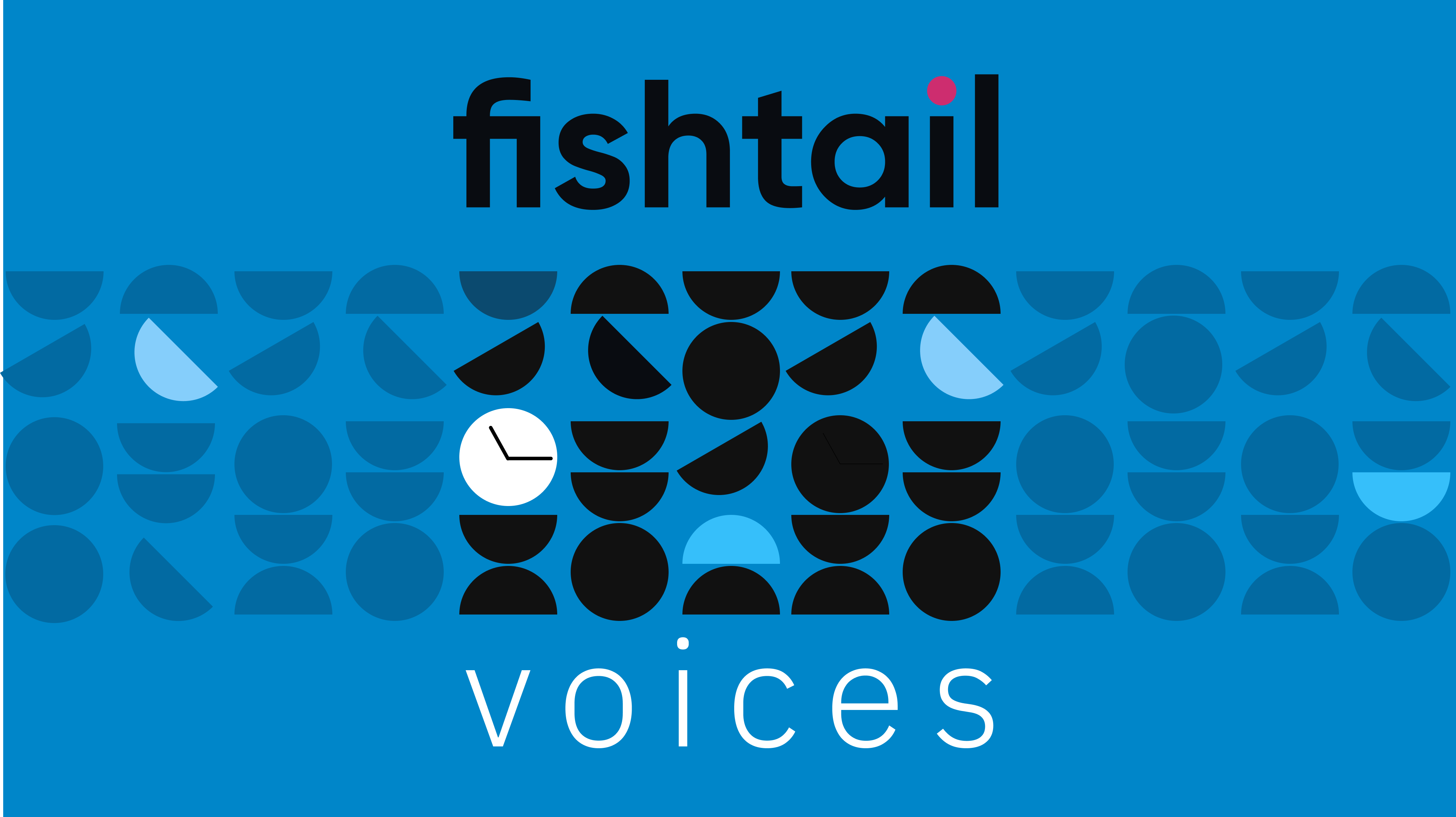Since the company started to talk openly about the culture that Juulia Laakso is championing, they are attracting really interesting talent, including her most recent hire: their new CFO. “She's a 31-year-old Kenyan lady. She's amazing (...) We can talk about the good, the bad, the ugly. We talk about emotions. We talk about how we want to feel.” As we deepened our discussion, she adds: “Let's be honest, I want to be somewhere where I can be authentically Juulia, I want to be with people with whom I can feel safe enough to be vulnerable.”
As Laakso speaks I recognize the sparkle – the sparkle in the eyes of candid, empathetic, comfortable-in-their-skin leaders. These are leaders with high emotional intelligence (EQ) and skilled at embracing vulnerability as they know that it is a necessary condition for trust and belonging – aspects that play a crucial role in an organization’s success and growth.
In her article The Best Leaders Aren’t Afraid to Be Vulnerable, Janice Omadeke talks about vulnerability’s historically negative reputation, a “stubborn stereotype” that dominated the workplace for generations and has been fueled by toxic masculinity. As the CEO and founder of the Mentor Method highlights, while “the idea of showing emotion on the job was viewed as inappropriate at best, and at worst, mortifying,” in recent years the ability for leaders (regardless of their gender) to role model vulnerability “has not just grown culturally acceptable, but in many cases, it’s welcomed and encouraged.” Juulia is undoubtedly part of a global leadership movement where EQ and vulnerability are not only welcomed, but also encouraged, expected and foundational to their organizational culture.
As she continues sharing her views, dreams and passions, I am increasingly intrigued by and, frankly, in awe of Tramigo Africa’s CEO. What is at the heart of her drive and fearless focus? Which parts of her life journey contributed to the Juulia in front of me today? As I listened to her life story, I formed the understanding that her leadership’s vision, conviction and focus may all stem from one crucial activity: her ongoing efforts and focus to understand, accept and respect her true self – and the ability to learn and grow through that learning.
As I discussed in a prior publication focused on senior women in tech leadership, the ability to be your true self while role modeling kindness, compassion, empathy, focus and being able to grow “thanks to and with others” are (among others) important leadership traits. These are particularly so for women that operate in male-dominated sectors, as they often experience a push or are frequently tempted to fit in and conform, compromising their identity and true nature.
Yet, these traits are rarely innate and require ongoing focus, introspection, humility, compassion, reflective practice, self-awareness and self-care. Juulia for example talked about the confidence she built and continues to grow to lead others with conviction; her efforts to unlearn her own trauma as a woman; her selfcare steps to acknowledge and accept that if anyone tries to put her down “using her female character against me”, that action “doesn't tell anything about me”; and her compassion for those that push women down, because it may mean that “they are suffering a lot.”
All that said, a leader has a responsibility to lead and such a responsibility asks for focus, courage and strength to be decisive, unambiguous and transparent when a situation requires immediate action. For Juulia – as for all leaders with high EQ and driving a human-centric organization where core values are never sacrificed – this also means not only hiring and attracting the right people but also removing those that are not willing or capable to be part of the change and culture she created for her organization. But even in cases where a hard decision must be executed, human-centric leaders do not shy away from it, and instead embrace the discomfort to strengthen core values while making space for emotions to emerge, hard questions to be asked and learning to be co-created.
Juulia for example shared with me of a time when she had to lay off someone because, despite being “the most skilled, with the most knowledge,” they could not embrace the human-centric culture she is building into her organization. She explains: “my job is to support everyone, but then of course, my job is also to put boundaries and hold people accountable. First of all, myself. So when I see people who are just not our team members and even when they try, they're not able (...) I have to have tough conversations.”
What was her next step after the cut? Have a transparent, open, group conversation – “let's talk about this and let's try to figure it out, together” to “promote a culture of openness and transparency.” She invited the entire team to her place, ordered a meal to share and then embraced the discomfort, opening herself to her team. “Please ask me everything or anything you want to know, so you do not go back home with gaps in your brain (...) let me try to fill those gaps.” The result? Shared clarity and removal of all doubts, fears and ambiguities, alongside the realization that their leader genuinely cares and will never compromise the foundational values of the company.
Ultimately, Laakso embraced the situation to strengthen her organization. She could do that so skillfully as she deeply understands the ways in which our brain works. “I'm a brain-based coach and learned about the biological shortcomings of the brain,” she often asks, “are we driving ourselves towards the threat state or the reward state? Once we slip to the threat state, it's really difficult to find innovation, creativity, real connection, authenticity.”
Neuroscientists study the structure and function of the human brain and nervous system to understand its relations and impact on behavior and cognitive functions (valuable information on this topic available through the Society for Neuroscience). The Neuroleadership Institute that Juulia referred to pioneered work that applies neuroscience principles to workplace and leadership – as soon as she mentioned this training yet another piece of her puzzle fit in its beautiful place.
I had the opportunity to directly experience basic neuroleadership training years back and I found the learning game-changing, especially in terms of self-discovery and self-care. One thing I recall during that time is how unburdened I felt after learning about the science behind my own emotions in toxic workplaces or in environments where my authentic self could not thrive. I finally had a way to name things and practical instruments to observe, acknowledge, reflect, and move forward – without denying my identity and comfortable speaking my truth.
Juulia’s reflections on authenticity are disarmingly contagious as they tell the story of a leader that learned to let go of her burden and that, daily, works to become a better version of her authentic self. While reflecting on her relationship with Arto Tiitinen (Founder & Group CEO, Tramigo), she for instance shared: “what we learned together was that we're going to talk about everything super openly. We're not going to sweep anything under the carpet, even if it's difficult things (...) We learned it's really important to always stick to the truth and speak up.”

.jpeg?width=667&height=1000&name=Image%20(2).jpeg)
.jpeg?width=750&height=1000&name=Image%20(1).jpeg)

